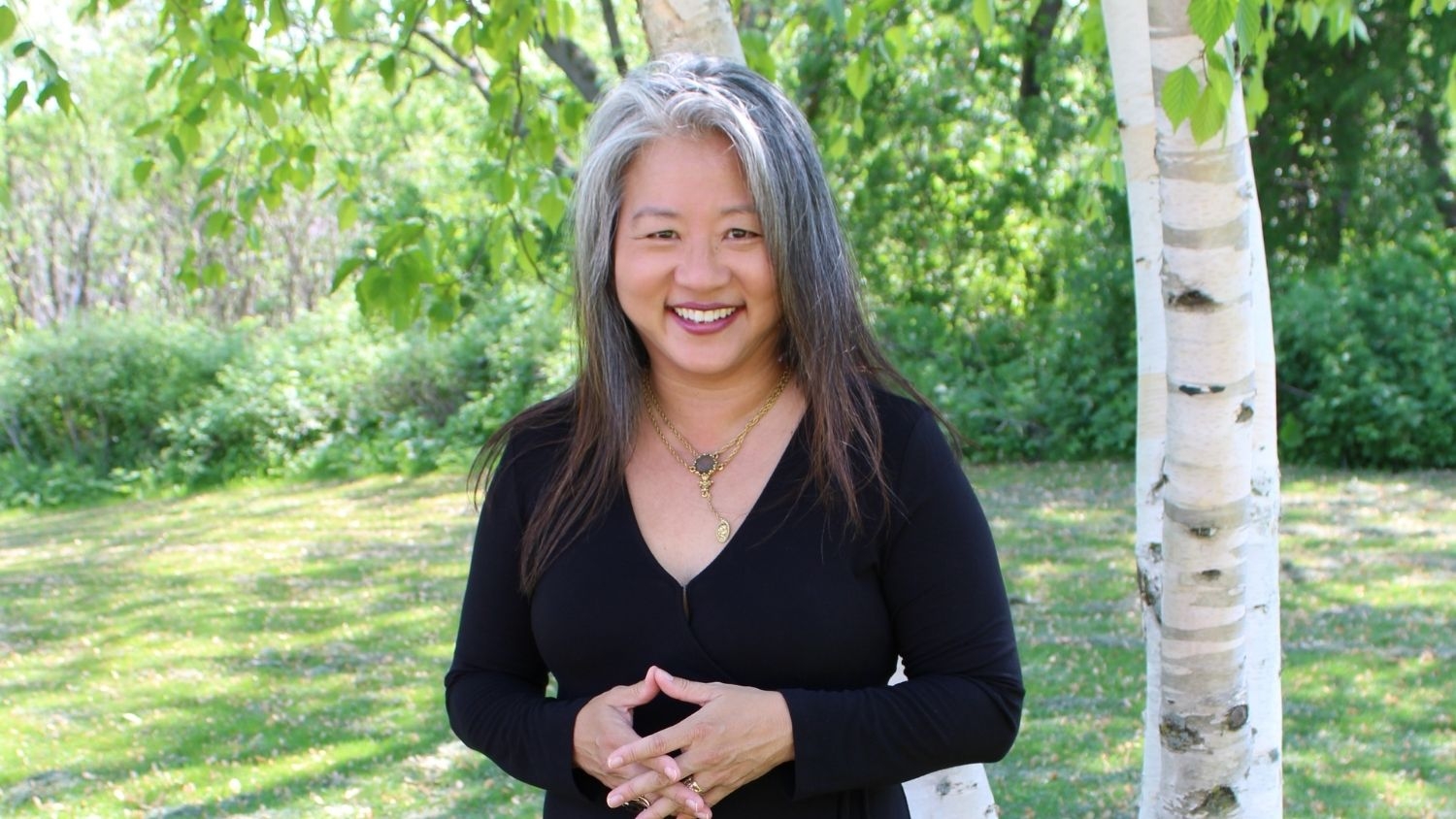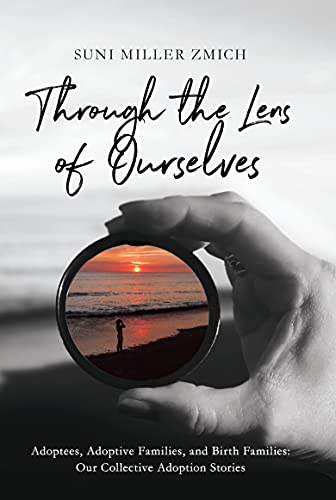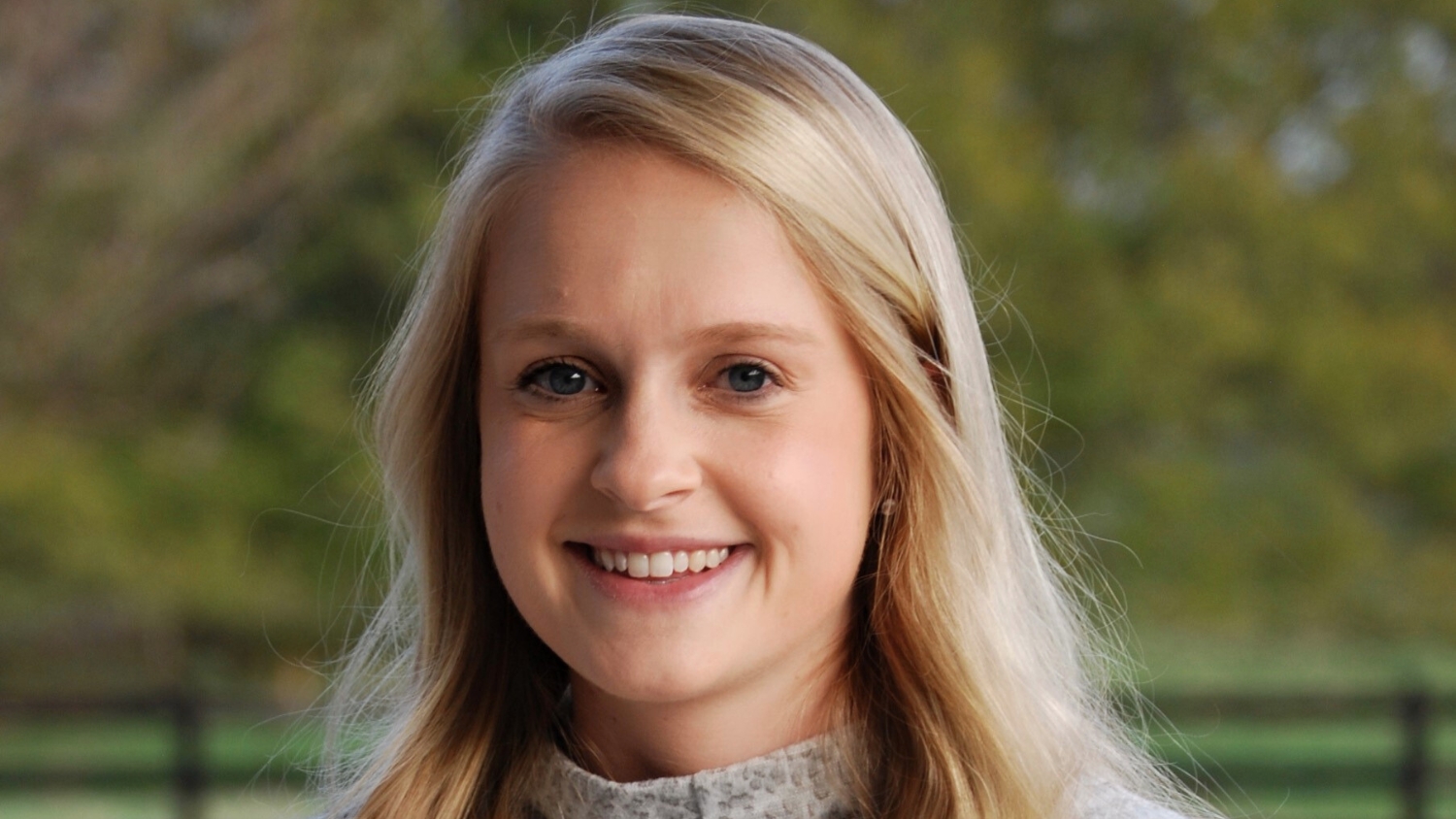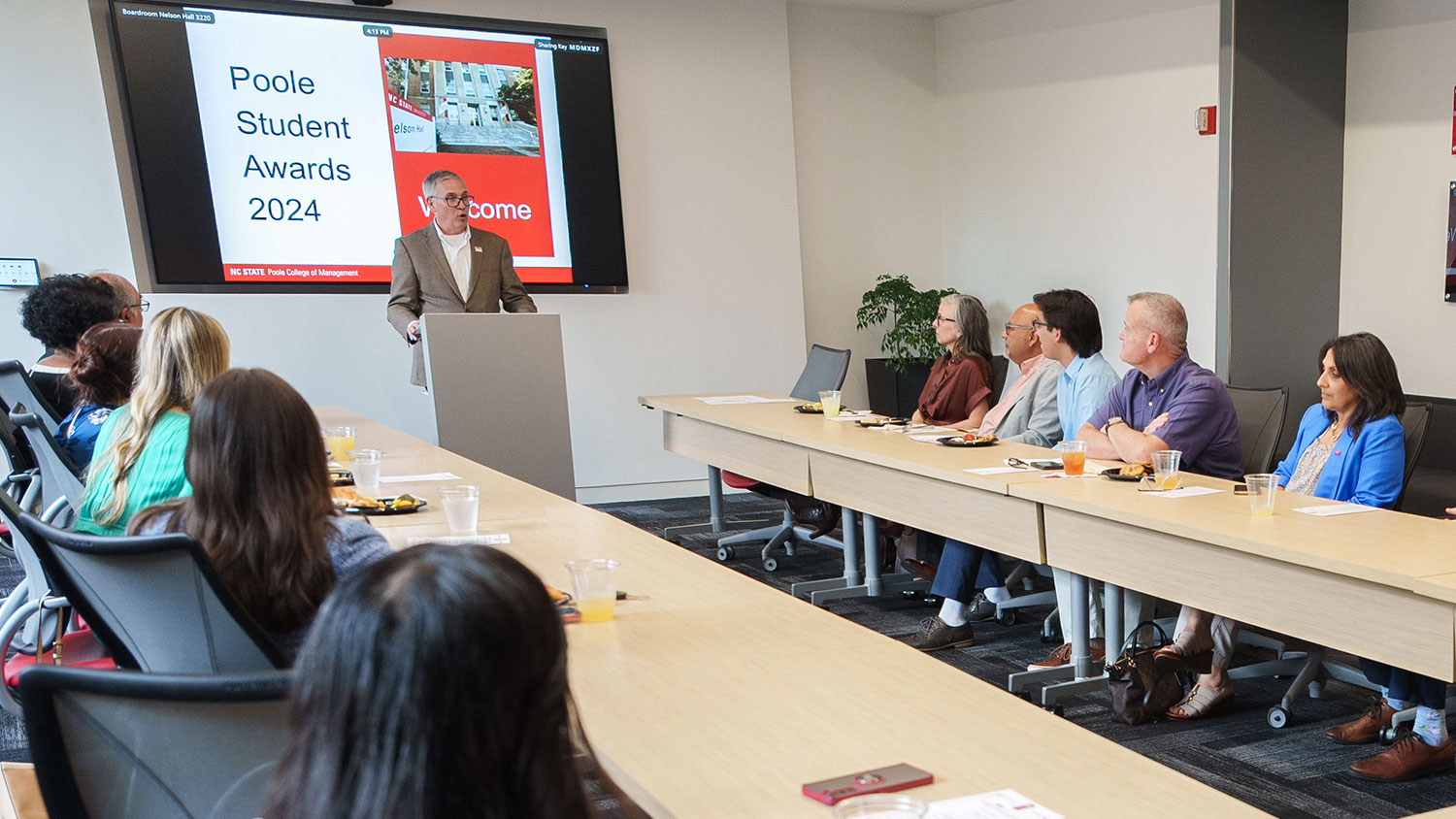Finding Healing Through Accounting and Authorship

By Eliana Chow
For Suni Zmich, MAC ’95, accounting provided a haven for a troubled heart. After earning an undergraduate degree in psychology, she spent close to a year working in an emergency care shelter, serving young children and teens who had experienced severe trauma. Emotionally drained and grappling with her own suppressed traumas from growing up in an adoptive family, she began exploring other career options. She found a new purpose in accounting, a profession that allowed her to separate personal emotions from quantitative work.
“Accountants are the ones who put things where they’re supposed to be,” she says. “Those day-to-day rhythms were very comforting to me. They gave me the chance to tie up loose ends and make something beautiful out of chaos. Even if I wasn’t ready to do that in my personal life yet, I could do it in the office.”
Building Resilience
Around the time she was considering a fresh start in accounting, Zmich and her husband moved from Virginia to Raleigh. Given NC State’s proximity and reputation as an academic powerhouse, it seemed like the perfect fit. Although she initially intended to pursue a second undergraduate degree to launch her accounting career, the Poole College of Management’s Jenkins MAC program had just gotten off the ground when Zmich applied. She jumped at the opportunity to be part of the very first MAC cohort. “That experience was challenging but in meaningful ways,” she remembers. “The faculty and staff were learning right alongside us as we worked together to navigate the best path forward for the program, both in terms of teaching style and class structure.”
Learning in an academically rigorous environment pushed Zmich to adapt and grow quickly. Looking back, one of her key takeaways from the year was recognizing how mentally strong she could be in the face of difficulty, a theme that would define the course of her professional career. “There’s a lot to be said for the resilience you learn while completing such an intense program,” Zmich says. “In the end, you realize how capable you are of rising to the occasion and successfully carving your own path through the challenges.”
In the end, you realize how capable you are of rising to the occasion and successfully carving your own path through the challenges.
A New Chapter
Zmich spent the next two decades moving between accounting roles, including a family relocation to Minnesota and taking some time off to raise her two daughters. But while she had always performed well in the field, she still felt a sense of unfulfilled purpose. During the long commutes to and from the office, Zmich began to dream about what it might be like to write a book. “For so long, accounting had saved me,” she says. “It helped me keep myself together. But even in college, where I took a few poetry classes, I had always been fascinated by storytelling through words. That was missing from my profession.”
In 2020, when her daughters had left home to attend college, Zmich retired from accounting to pursue full-time authorship. In May 2021, she published her debut book, Through the Lens of Ourselves, a collection of 34 stories told from the perspectives of adoptees, adoptive families and birth families. The work explores issues of love, identity, forgiveness and hope through journalistic writing and personal reflection. “Often, adoptees like myself feel completely isolated, even when we have loving adoptive families,” Zmich says. “It’s hard to know if there are others out there who understand our emotional conflict. I wanted this book to bring the community together and remind others they’re not alone.”

Ongoing Impact
As she begins to write her second book, Zmich continues to leverage the skills she gained from Poole and her accounting career. Those early lessons in resilience have proven crucial as she processes her own story and the stories of others through writing, she says. Her interactions with executives also helped prepare her for the role of interviewer and writer. “Whether you’re an accountant or an author, creating budgets or writing a book, you are receiving and sharing the stories of others in some way,” she says. “Everyone included in the first book was so forthcoming and vulnerable with me. I hope their words and efforts can mean something beautiful to many more people.”
This post was originally published in MAC Program.
- Categories:


